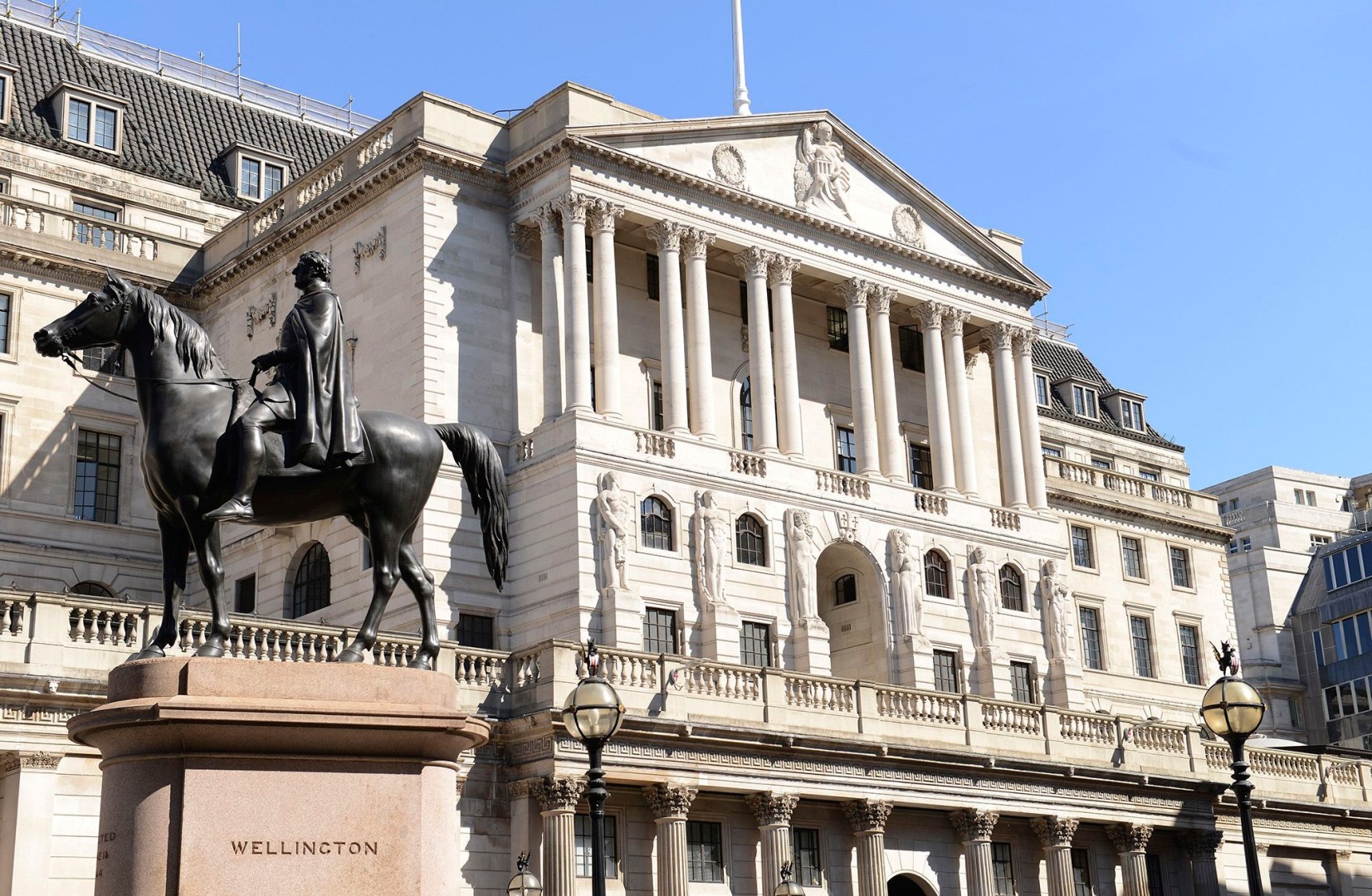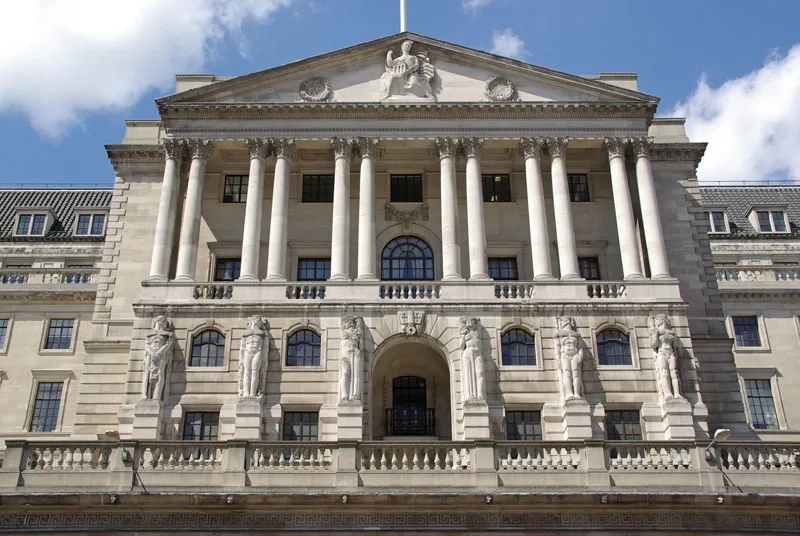Comments
- No comments found

In a notable departure from its recent stance, the Bank of England has chosen to maintain its benchmark interest rates at 5.25%.
The central bank's latest statement suggests a potential shift towards lowering borrowing costs in the near future. Despite the unanimous decision to keep rates unchanged by six members of the Monetary Policy Committee (MPC), the emergence of differing opinions within the committee marks the first such division since the 2008 financial crisis.
The backdrop to this decision lies in the Bank's acknowledgment of a projected decline in inflation, currently standing at 4%, compared to a 40-year peak in October 2022. The central bank, charged with maintaining price growth close to a 2% target, anticipates a return to this target between April and June this year. Despite this positive outlook, the debate within the MPC reflects the complexity of economic factors at play.
While Swati Dhingra became the first policymaker since the 2020 Covid pandemic to vote for an immediate rate cut, two committee members advocated for an increase to 5.5%. This three-way split indicates a departure from the more unified decisions seen in recent years and suggests differing opinions on the best course of action to balance inflation and economic growth.

The Bank of England had been steadily raising interest rates over the past few years as a measure to curb inflation. The last rate hike occurred in August of the previous year, with the intention of making borrowing more expensive and subsequently cooling inflation. However, the recent indication that rates may have peaked aligns with a broader effort to find the delicate balance between controlling inflation and sustaining economic growth.
Bank governor Andrew Bailey emphasized the importance of waiting for substantial evidence that inflation is firmly under control before considering a rate cut. Despite expressing optimism about the current direction of inflation, Bailey cautioned that any reduction in interest rates might still be months away.
The decision to hold rates steady comes against a backdrop of global economic uncertainties. Concerns voiced by Dr. Dhingra regarding geopolitical risks and the time lag between rate decisions and their impact on the economy underscore the intricacies faced by policymakers. While the Bank anticipates a rebound in inflation over the summer, economists express reservations about the sustainability of the current decline, attributing it, in part, to the energy price cap reduction. Additionally, robust wage growth remains a contributing factor, with the Bank's survey pointing to a 5.4% rise in wage settlements this year.
Analysts diverge in their interpretations of the Bank's statement, with some predicting a potential rate cut in the coming months, while others anticipate a more prolonged pause. Paul Dales, Chief UK Economist at Capital Economics, suggests that despite soft signals indicating a possible cut, the Bank has pushed back against the idea of an imminent or significant reduction in rates. Yael Selfin, Chief Economist at KPMG UK, emphasizes the need for the Bank to balance the impact of previous rate hikes with the evolving economic landscape before deciding on a potential rate cut. The Bank of England's decision to maintain interest rates at 5.25% while hinting at a potential shift in monetary policy reflects the delicate balance policymakers face amid evolving economic conditions. The divergent views within the Monetary Policy Committee underscore the complexity of managing inflation, economic growth, and external uncertainties. As the Bank awaits concrete evidence of inflationary control, the financial landscape remains dynamic, leaving room for speculation on the timing and extent of any future rate adjustments. The coming months will undoubtedly be crucial in determining the path the Bank of England takes to navigate these intricate economic waters.
Daniel Lacalle is one the most influential economists in the world. He is Chief Economist at Tressis SV, Fund Manager at Adriza International Opportunities, Member of the advisory board of the Rafael del Pino foundation, Commissioner of the Community of Madrid in London, President of Instituto Mises Hispano and Professor at IE Business School, London School of Economics, IEB and UNED. Mr. Lacalle has presented and given keynote speeches at the most prestigious forums globally including the Federal Reserve in Houston, the Heritage Foundation in Washington, London School of Economics, Funds Society Forum in Miami, World Economic Forum, Forecast Summit in Peru, Mining Show in Dubai, Our Crowd in Jerusalem, Nordea Investor Summit in Oslo, and many others. Mr Lacalle has more than 24 years of experience in the energy and finance sectors, including experience in North Africa, Latin America and the Middle East. He is currently a fund manager overseeing equities, bonds and commodities. He was voted Top 3 Generalist and Number 1 Pan-European Buyside Individual in Oil & Gas in Thomson Reuters’ Extel Survey in 2011, the leading survey among companies and financial institutions. He is also author of the best-selling books: “Life In The Financial Markets” (Wiley, 2014), translated to Portuguese and Spanish ; “The Energy World Is Flat” (Wiley, 2014, with Diego Parrilla), translated to Portuguese and Chinese ; “Escape from the Central Bank Trap” (2017, BEP), translated to Spanish. Mr Lacalle also contributes at CNBC, World Economic Forum, Epoch Times, Mises Institute, Hedgeye, Zero Hedge, Focus Economics, Seeking Alpha, El Español, The Commentator, and The Wall Street Journal. He holds a PhD in Economics, CIIA financial analyst title, with a post graduate degree in IESE and a master’s degree in economic investigation (UCV).
Leave your comments
Post comment as a guest